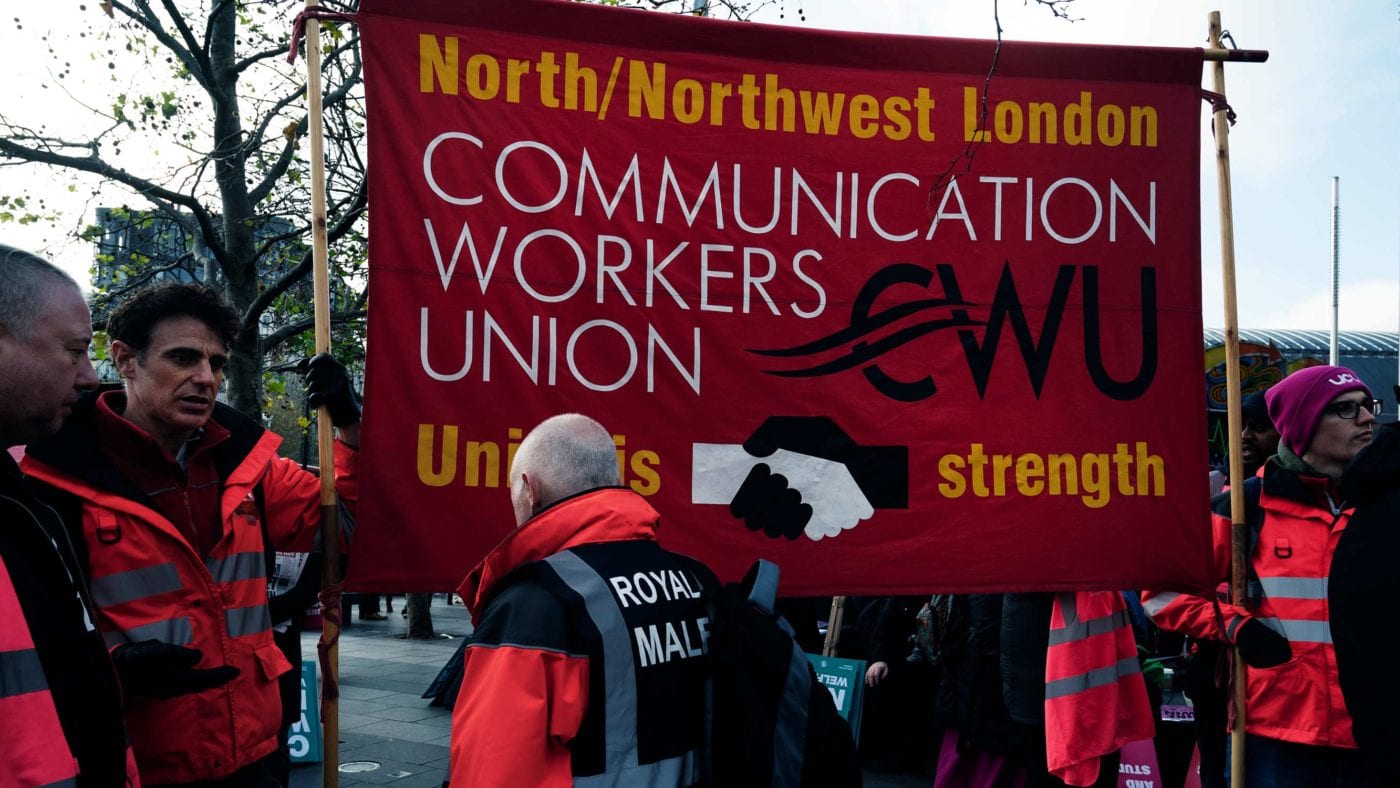If you’re a hospital patient, a train passenger, a bus passenger, or just someone who likes receiving a timely Christmas card, you’re probably in for a pretty aggravating December.
In what looks like the world’s worst advent calendar, the coming weeks could see everyone from fire officers to civil servants, border officers, postal workers, university staff, train cleaners, train drivers and 999 call handlers down tools – not to mention an enormous, unprecedented NHS nursing strike. Short of a multilateral negotiating miracle, almost every day in the run-up to Christmas will be punctuated by disruption of some sort.
Given the sheer range of sectors going on strike it would be churlish to overgeneralise about whether industrial action is justified or not. Some unions are making demands that are more modest than others, some represent workers in the public sector, some the private. Some, such as the National Education Union, may not actually reach the threshold needed to call industrial action anyway.
By far the most fiscally significant action is from the Royal College of Nursing, which wants an inflation + 5% pay settlement – about 19% – for well over 1 million NHS staff. That would cost north of £10bn at a time when the Government coffers are not exactly overflowing, which explains Health Secretary Steve Barclay’s reluctance to budge. (The way NHS pay is structured is a huge problem in itself, as this report from our parent organisation, the Centre for Policy Studies, explains in some detail.)
And though union leaders always claim strikes are ‘the last thing they want to do’, this time you do get the sense some are relishing giving the blasted Tories a good kicking. Why else would the Communication Workers Union choose the run up to Christmas to launch a strike among Royal Mail staff? And why else would its leader Dave Ward be calling it a ‘de facto’ general strike and appearing on other unions’ picket lines? Equally galling, as Len Shackleton notes here, is the way the RMT has taken to calling train strikes on alternate days to prolong the disruption to the network.
But union leaders who see this as a chance to give the Government a bloody nose might want to consider their own position. Not only is public sympathy and support liable to wane if things get too chaotic, but the result in some sectors may simply be union members losing their jobs, which really is the last thing they want to see. To take the railways as an example, another report from the Centre for Policy Studies set out the dire state of the network post-pandemic – and warned that if passengers continue to stay away (which such strikes make far more likely), the Treasury may have to resort to Beeching-style retrenchment.
As for the Government, they are stuck between the Scylla of endless, 70s-style disruption, and the Charybdis of giving in and making a rod for their own back further down the line. If the last few years of fiscal incontinence have shown anything, it’s that giving in to every plea for more cash doesn’t quell the demands, it adds to them.
And if you’re finding all this a bit depressing, just take some solace from the thought that England are absolutely, categorically, 100% going to win the World Cup.
Click here to subscribe to our daily briefing – the best pieces from CapX and across the web.
CapX depends on the generosity of its readers. If you value what we do, please consider making a donation.


